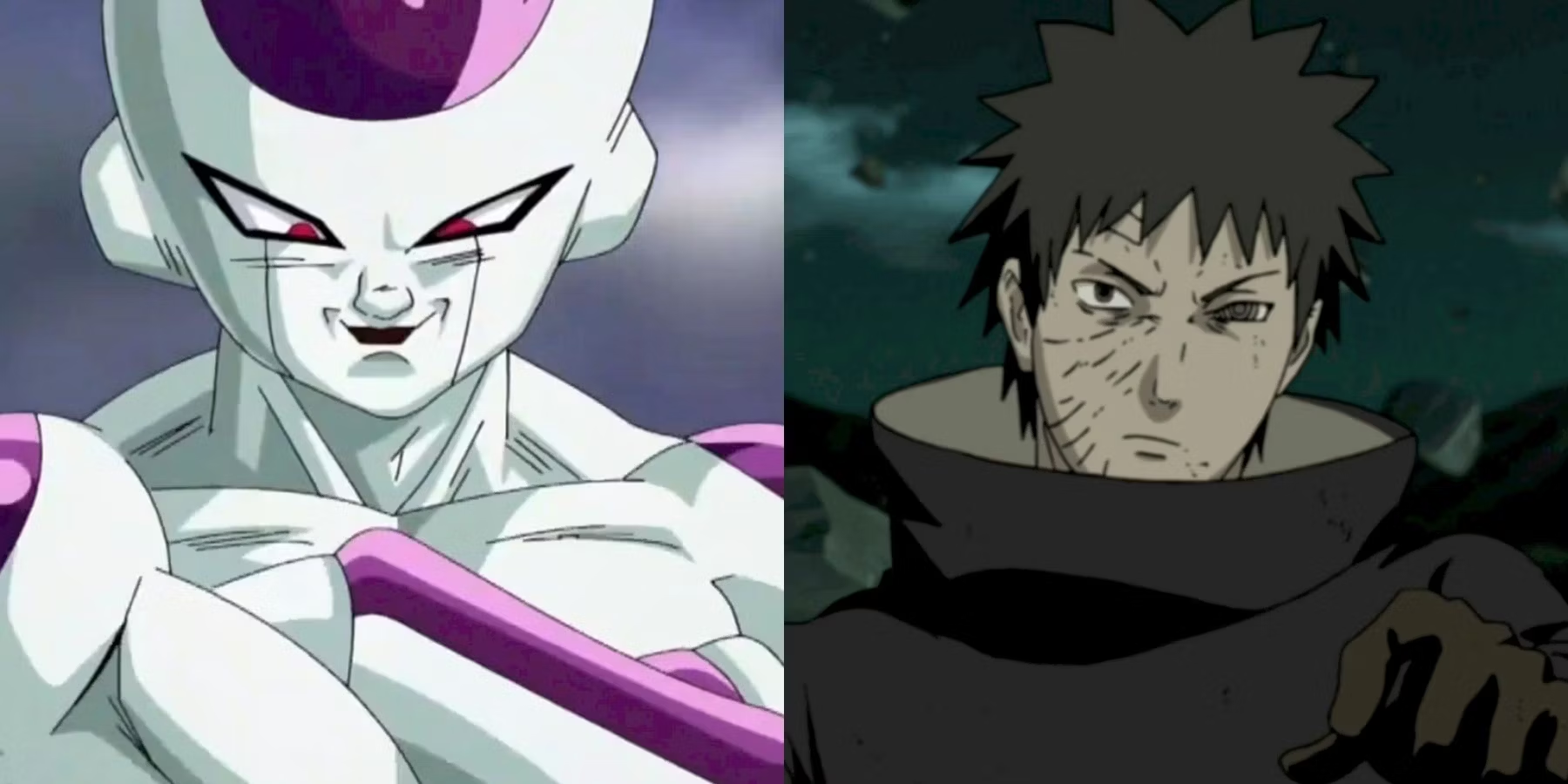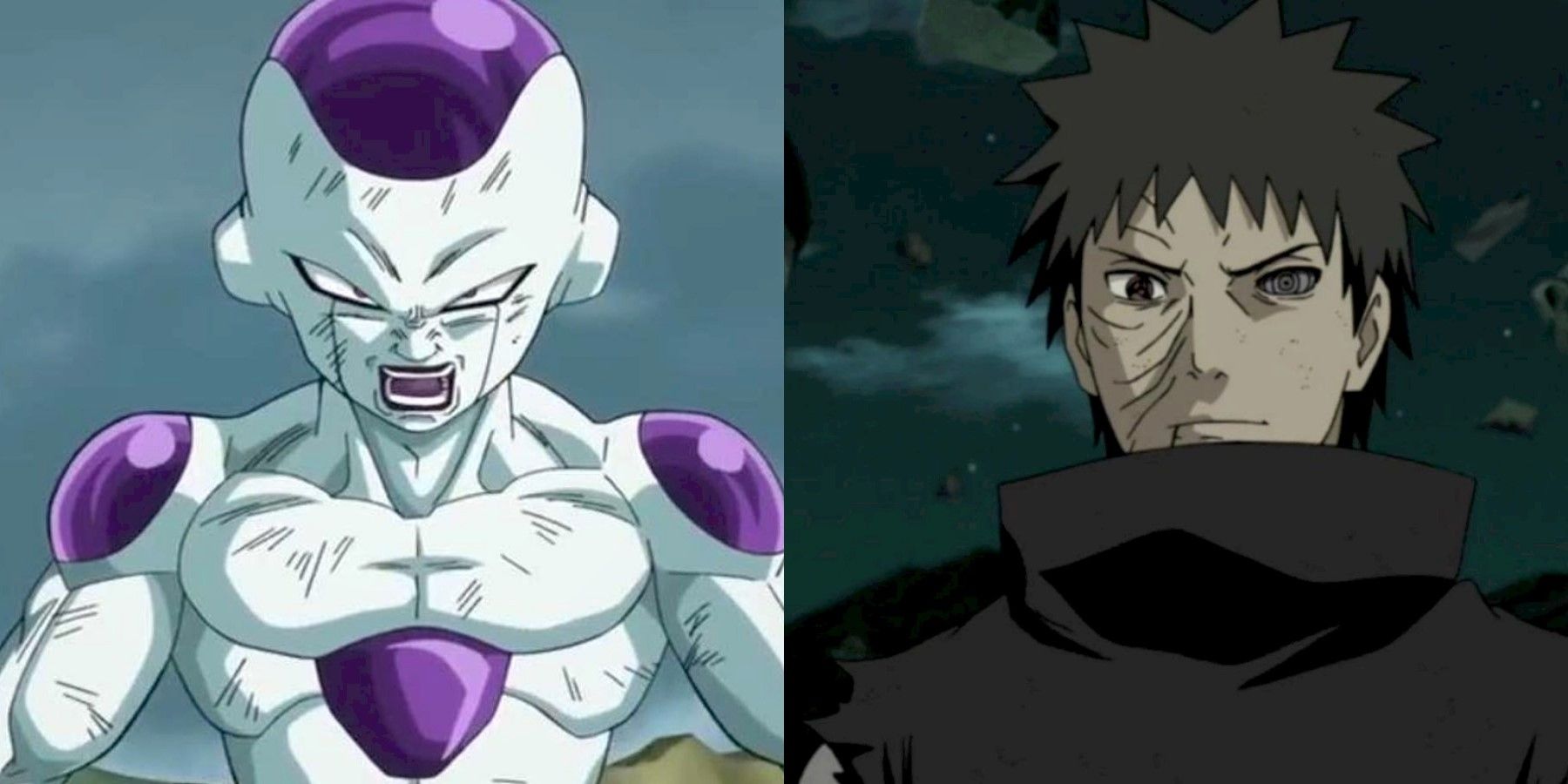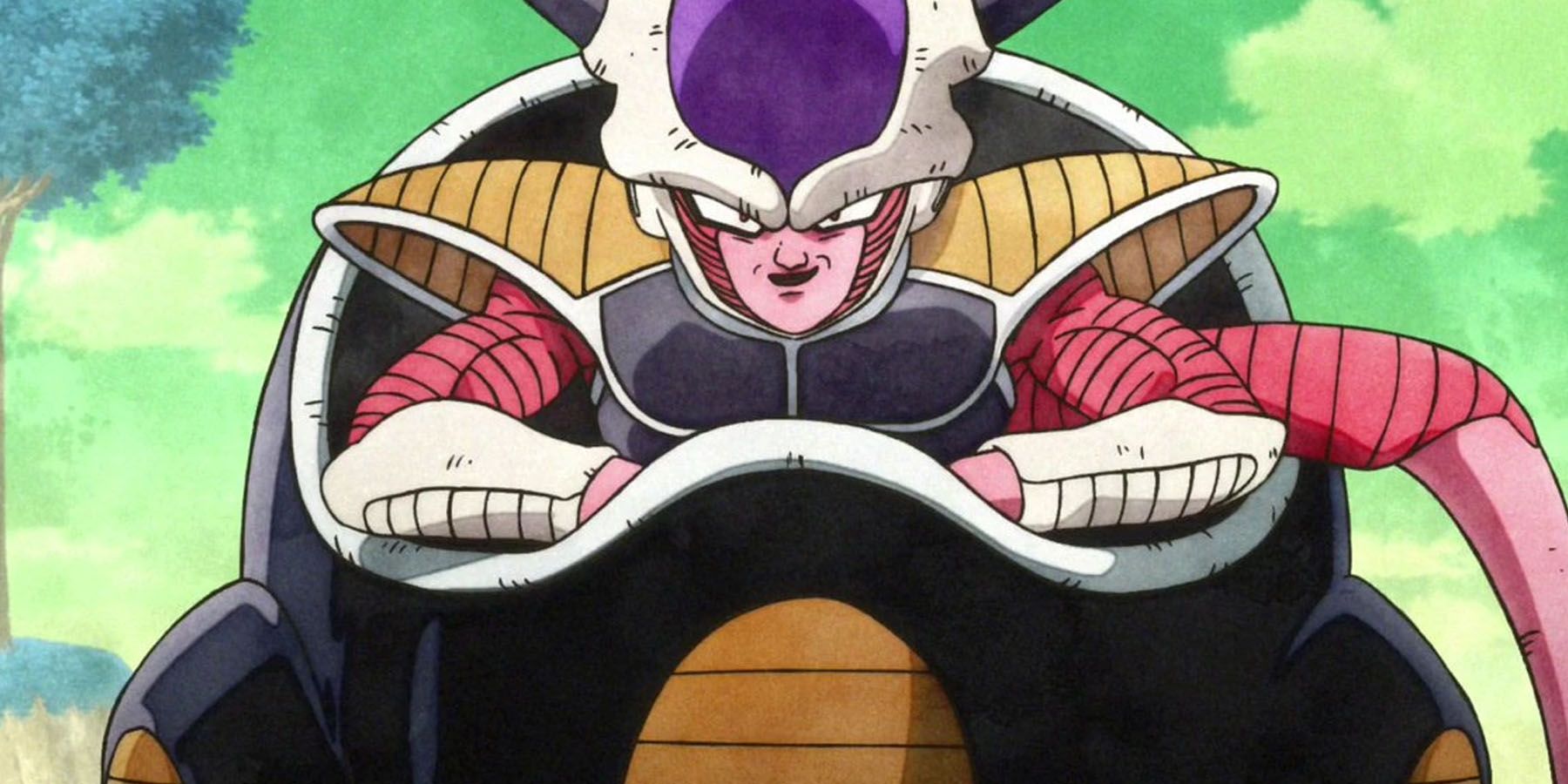Many Shonen anime, like Dragon Ball Z, and Naruto have villains that are as engaging as ever. As far back as some of the first anime, heroes and villains always pitted against each other in a fight with either personal stakes, or world-ending stakes. However, one major change that has occurred in recent years over the anime scene is that Shonen has adopted a mentality of making sympathetic villains to allow the hero to either 'save' or help. In a sense, of course, this allows the villain to be sympathetic and three-dimensional as opposed to being flat-out evil. However, narratively speaking, a purely evil villain has almost more active actions as well as personality that isn't tied down by sympathetic reasons, which allow the hero's to shine even brighter. Why is that? And more importantly, what are some characters that fit both bills while also making the argument as to which type of villain is better for Shonen?
Most anime focus on a heroic character that goes through motions and obstacles to go up against. Whether it be isolation, proving to themselves they aren't useless, or even simply fighting against another opposing character. Oftentimes, these opposing characters can be villains that fight and do bad things for the plot as well as their own character. Of course, whether they are evil or sympathetic depends entirely on what story the author wants to tell, and whether it serves the story the best or not. Either way, there are a variety of villains that elicit our sympathy, and others that earn our scorn and hate. But should they be more sympathetic to the audience, or evil for the sake of telling a story that is engaging?
A Few Examples of Evil And Sympathy
When it comes to understanding evil and sympathy, it never hurts to look at a few characters that fit both bills individually. For example, Dragon Ball Z's Freeza is the perfect example of a thoroughly evil villain to the core. After all, he himself has carried out the destruction of many planets, cruel conquest and never repents or even feels apologetic over such acts of malice. Freeza is an engaging character because of his charisma and well-defined personality that complements well with his more sinister character traits, so much so that it feels great to root against him when Goku or any of the other characters fight against him.
However, when it comes to more sympathetic characters, they rely less on the focus of evil actions, and more on motivations as well as empathy. One such example would have to be Obito Uchiha from Naruto. Despite having been introduced to us as a reckless, albeit well-mannered young boy; tragic circumstances and trauma-inducing rage has pushed him to become the villain of the story multiple times. After all, a villain needs to actively cause destruction for one reason or another; but what makes Obito sympathetic is that the audience understands why he did what he did, as well as witnessed his redemption and willingness to save his best friend at the end. Even so, his sympathetic traits have affected the world on a negative level because of the lie that he told himself. The sympathetic villain is widely popular to many fans, although whether it is inherently better is a subject for discussion.
Which One Is Better?
Asking which kind of villain is more important or better than the other, is a difficult question that is more often than not subjective from person to person. After all, even an evil villain can come off as one-noted and boring if poorly executed, along with making overly sympathetic villains that call into question everything the heroes do. However, with the current anime scene's focus on sympathetic villains, it has been saturated for the most part with good sympathetic villains as well as the bad ones. Which brings to mind that many anime fans must be excited for or even hoping for more well-executed villains with the same charisma that Freeza exhibited with every appearance in Dragon Ball Z. After all, a well-executed evil villain is easier to root against and much simpler to hate for the audience, which makes the story easier to follow and less complicated for some.
That's not to say that sympathetic villains have no value either. After all, evil villains are a long-used archetype that it has easily become very tiring for many anime fans. Fans also may like a villain that has more relatable motivations, as they live for the sort of internal conflict between the hero and sympathetic villain in a sense. After all, Obito was much like the titular Naruto at one point, and represented a path that Naruto could have gone down if he had made the wrong choice. However, his redemption also satisfied many fans of the show, showing another strength of the sympathetic villain. That being that it's easier to understand their motivations as well as making them much more human than most people would expect.
At the end of the day, making both claims that sympathy or evil is better for a villain is entirely up to interpretation and execution of both ideas for a fan watching the same series. However, sympathetic villains offer a more long-term story potential for growing corrupted or evil in the process, as well as showing them from the place of humanity they have as well as being relatable to the audience that is witnessing them. Various characters fit evil and sympathetic, although one can say that shonen anime like Dragon Ball, My Hero Academia, Naruto, and Tokyo Revengers certainly have a plethora of sympathetic or evil villains regardless.



